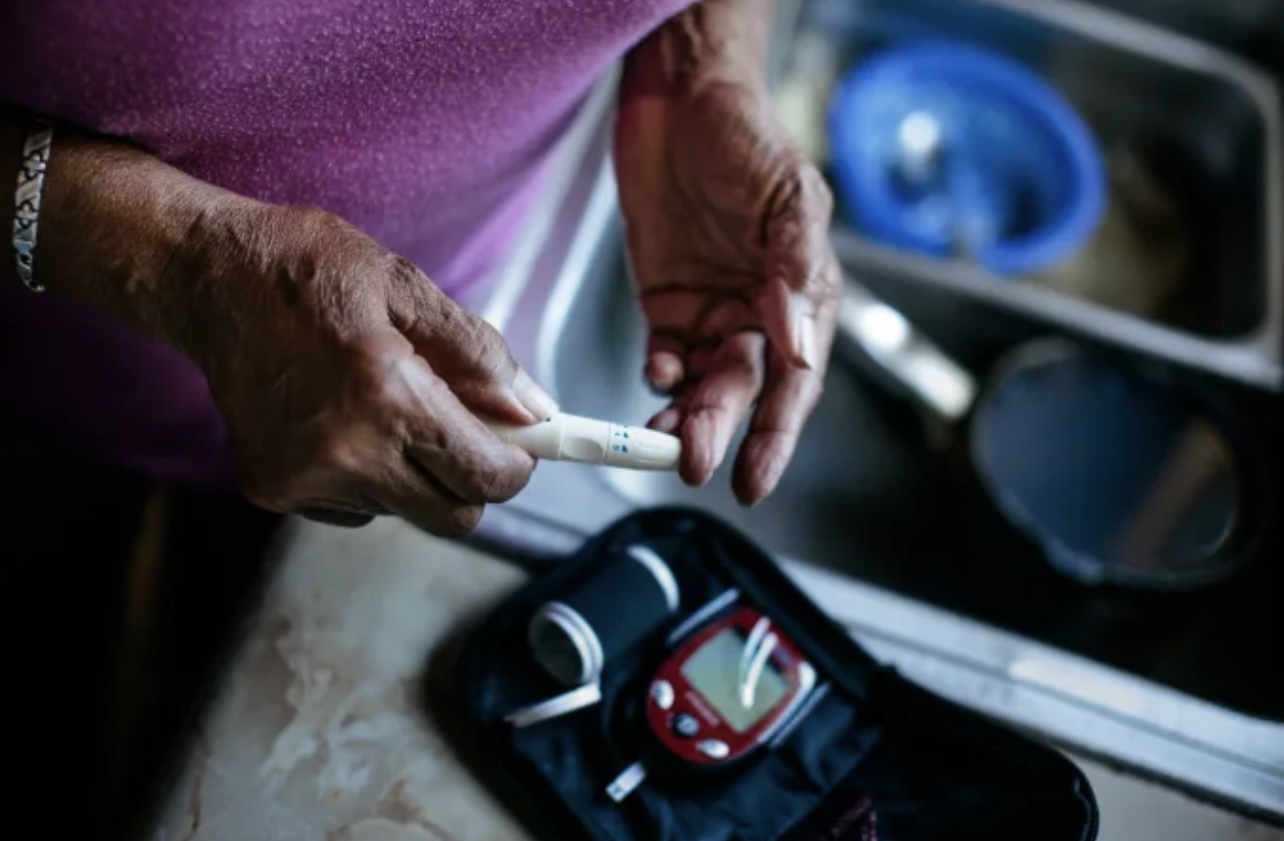A new global study has revealed that almost half of people living with diabetes are unaware of their condition, raising alarms among health experts about the “hidden epidemic” of undiagnosed cases.
Researchers found that an estimated 240 million people worldwide may have diabetes without knowing it. The findings highlight a troubling reality: many individuals only receive a diagnosis after serious complications develop, such as kidney disease, vision loss, or cardiovascular problems.
The study, published Monday in The Lancet Diabetes & Endocrinology, analyzed data from more than 70 countries and tracked both type 1 and type 2 diabetes. The majority of undiagnosed cases were linked to type 2, which can often progress silently for years.
“Diabetes doesn’t always come with obvious symptoms early on, which is why routine testing is so important,” said Dr. Maria Sanchez, one of the study’s lead authors. “Unfortunately, many people don’t get checked until it’s too late.”
Rising health and economic toll
Diabetes cases have surged over the past two decades, fueled by rising obesity rates, sedentary lifestyles, and aging populations. According to the International Diabetes Federation, more than 530 million people are currently living with the condition. That number is projected to climb to 640 million by 2030.
The economic burden is equally severe. In the United States alone, the annual cost of diabetes care exceeds $400 billion, including expenses for hospitalizations, medications, and lost productivity. Globally, health systems are struggling to keep up.
The importance of screening
Experts say increased access to affordable blood sugar screening is one of the most effective ways to close the diagnosis gap. Regular check-ups, community health programs, and greater awareness of risk factors such as family history, obesity, and high blood pressure are also critical.
“Knowing your numbers can save your life,” Dr. Sanchez emphasized. “Early detection means treatment can start before irreversible damage occurs.”
Calls for action
Public health groups are urging governments to expand diabetes screening initiatives, particularly in low- and middle-income countries where resources are scarce and most undiagnosed cases are found.
“Diabetes is a silent crisis,” said Dr. James Wong of the World Health Organization. “If nearly half of people with the disease don’t even know they have it, we’re facing a ticking time bomb for future health emergencies.”
The researchers hope their findings will encourage policymakers to make early testing and education a global priority before the hidden wave of undiagnosed diabetes overwhelms already stretched health systems.



